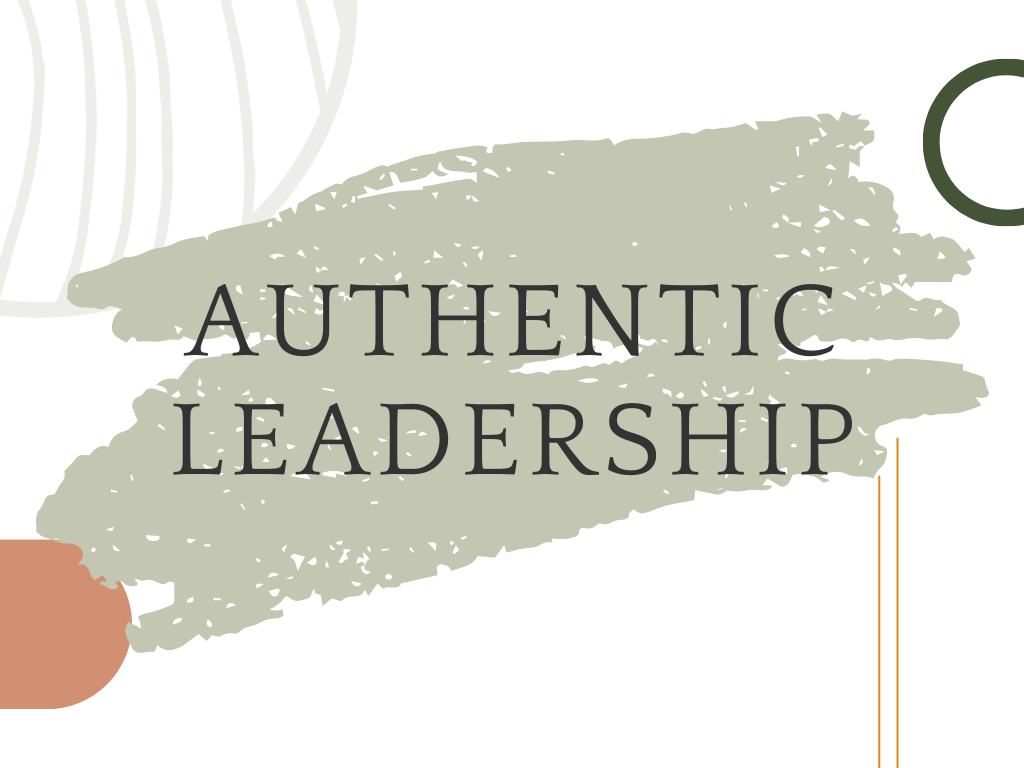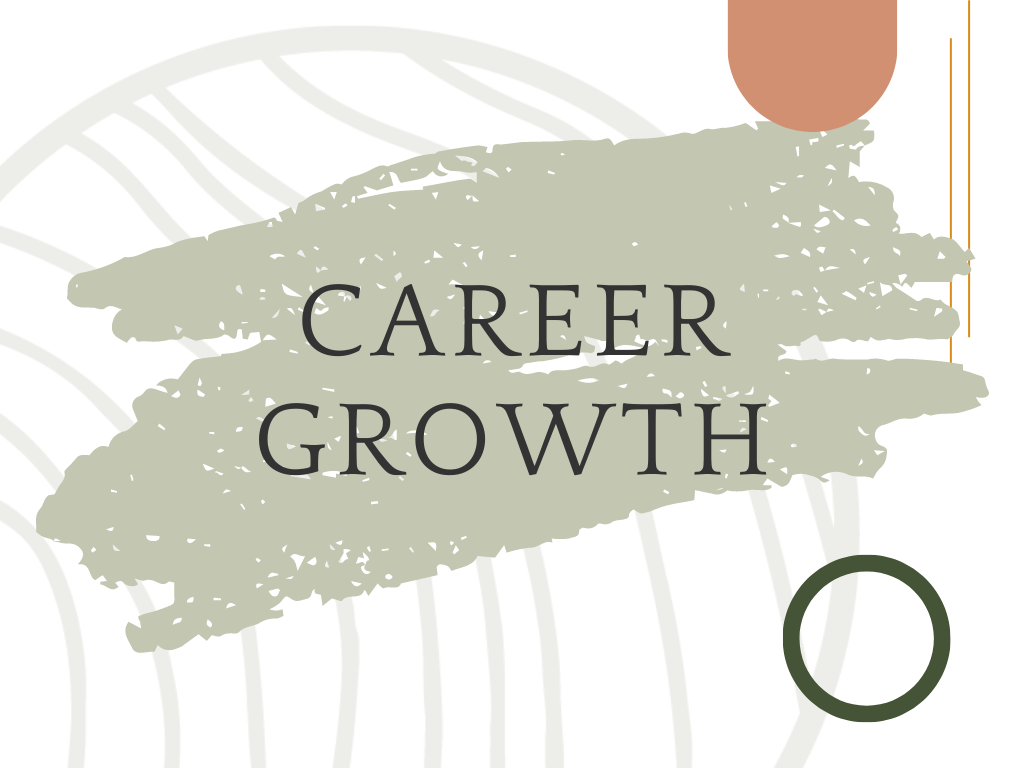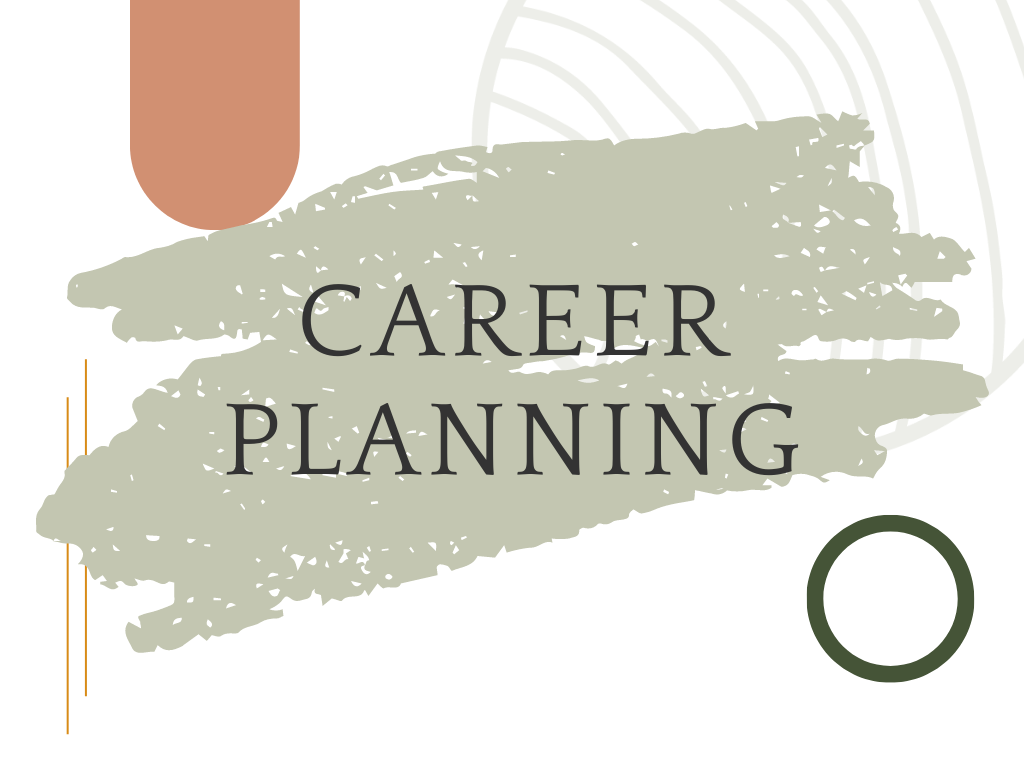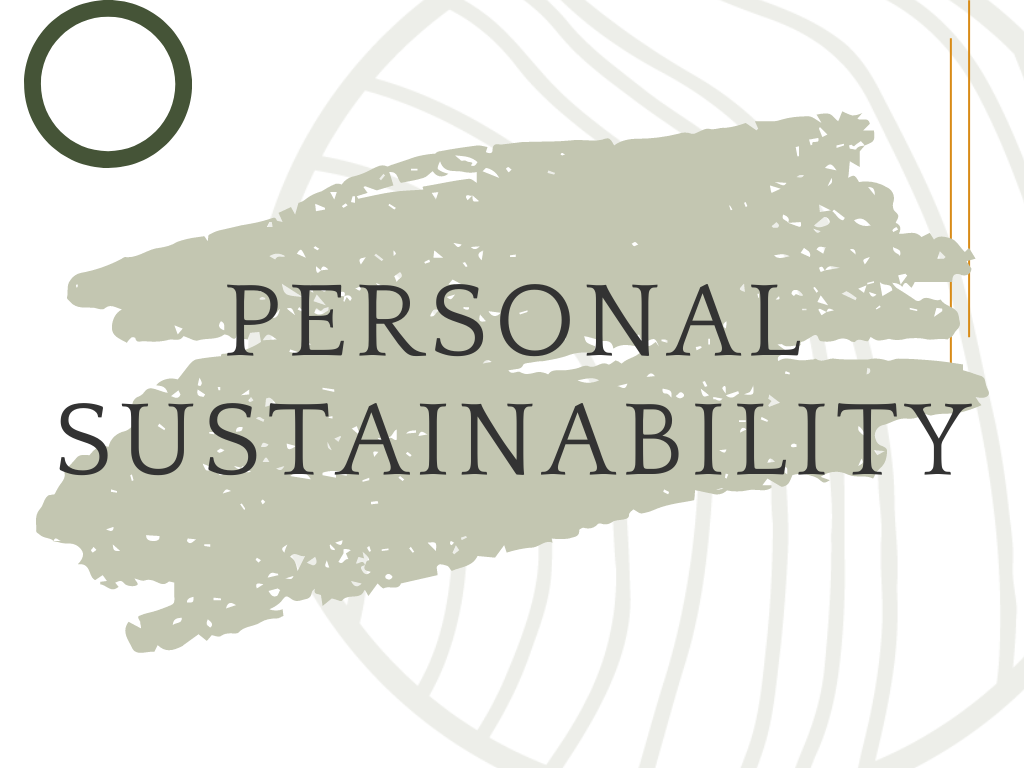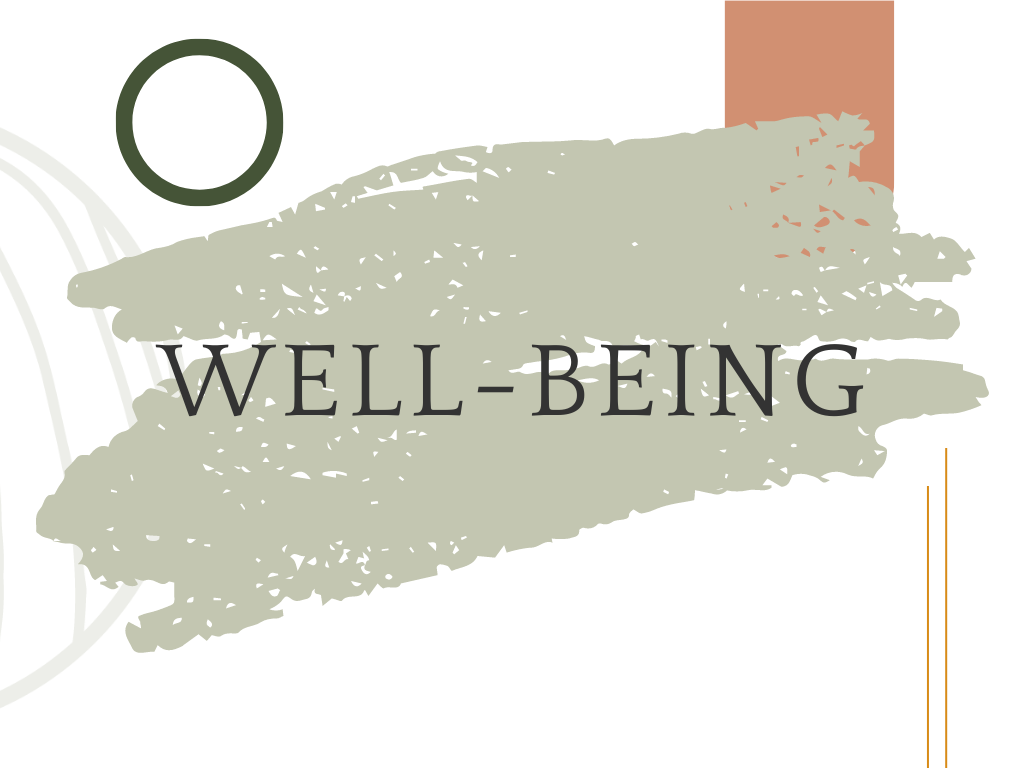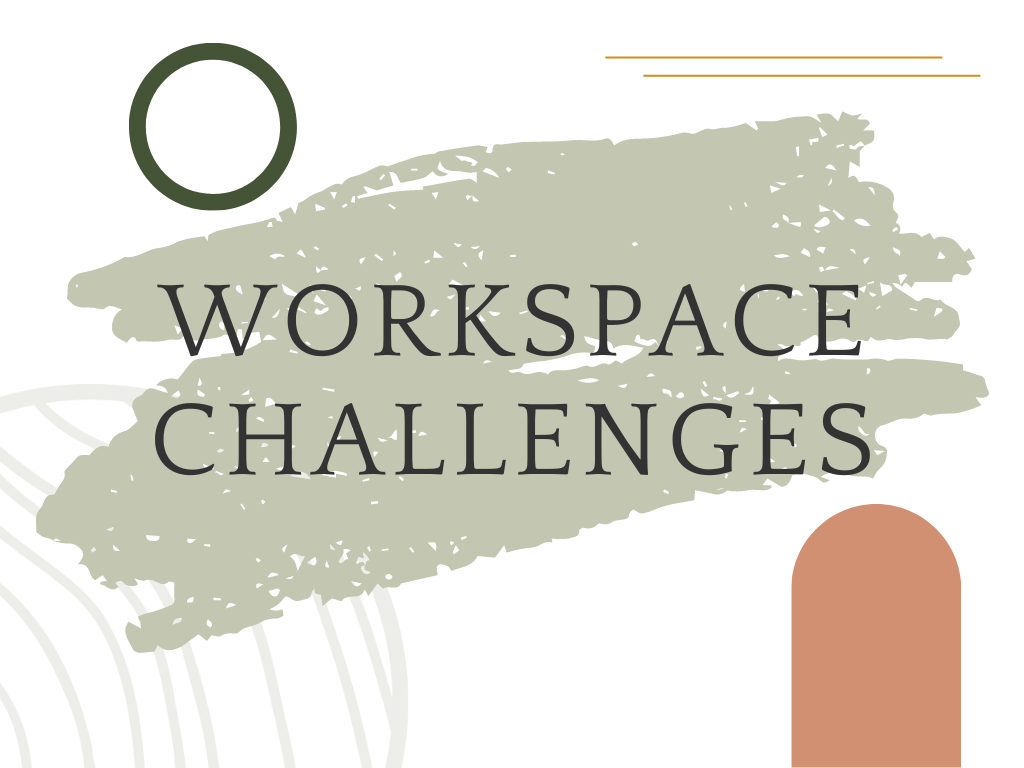
Start your journey to personal sustainability, discover well-being strategies, and achieve balance and happiness now!
Blog
What do you want to explore today?

Confidence Isn’t What You Think: Why Leaders Hold Back (and How to Move Forward)
Confidence is not about knowing everything or never feeling doubt. It is the belief that you can learn, adapt, and take the next step even when you are unsure. True confidence is steady and grounded—it grows through action, not perfection.
Many capable professionals, especially women, hold back from opportunities because they wait to feel fully ready. But readiness comes through doing. Each time you speak up, take a risk, or make a decision, you strengthen your confidence muscle. Confidence is not something you have or don’t have. It is a skill you practice, one bold action at a time.

Craft Your Career Around Your Strengths – Not Just Your Skills
Skills make you capable, but strengths make you come alive. Many professionals build careers around what they can do, rather than what energizes them. The difference is powerful. Skills can be learned, but strengths are your natural wiring — the patterns of thought and behavior that feel effortless and fulfilling.
When you align your work with your strengths, everything changes. Engagement rises, confidence grows, and impact deepens. The key is to identify where you thrive, craft your role around those strengths, and build new skills on top of them. Fulfillment doesn’t come from doing more — it comes from doing what you do best.

Rethinking Feedback: How to Build Growth Without Breaking Trust
Giving feedback is one of the hardest parts of leadership. It can feel uncomfortable, emotional, or even risky. But when done well, feedback becomes one of the most powerful tools for growth for both the giver and the receiver.
Effective feedback is clear, specific, and rooted in respect. It focuses on observable behavior, not assumptions, and invites reflection instead of delivering a lecture. The goal is not correction; it is cultivation. When leaders make feedback routine, lead with curiosity, and assume positive intent, they create safety and trust. Growth thrives where feedback is consistent, compassionate, and focused on helping people see and strengthen their best work.

The Confidence Myths Holding You Back at Work
Confidence is not something you wait to feel before taking action. It grows through action itself. Every small risk you take, whether asking a question, offering an idea, or speaking up, becomes evidence that you can handle discomfort and uncertainty.
True confidence is not about perfection or approval from others. It is about self-trust, humility, and courage in motion. When you act before you feel ready, you train your brain to see challenge as growth. Over time, those small actions build resilience and belief in your own capability. Confidence is not given; it is built one choice at a time.

You Don’t Find Purpose at Work—You Create It
Purpose does not come from your job title or organization. It comes from how you show up and what you bring to your work. Even in an ordinary role, you can find meaning by connecting with people, using your strengths, and focusing on the moments that energize you.
Purpose is activated through action. It lives in the way you solve problems, support others, and create impact in your own way. You do not need to love every part of your job to feel fulfilled. When you nurture the parts that light you up, you uncover the deeper purpose already within you.

Why Strengths—Not Just Skills—Are the Key to Sustainable Success
Skills can open doors, but it is your strengths that help you thrive once you are inside. Many professionals focus on collecting new skills, yet feel unfulfilled or stuck because they are not leading in alignment with how they naturally work best.
Strengths are not just what you are good at. They are the ways you think, connect, and create impact when you are at your best. When you identify and use them intentionally, leadership becomes more authentic and sustainable. The next level in your career is not about adding more tools. It is about using the right ones that are already within you.

How to Be Happier at Work — Without Quitting Your Job
Feeling stuck or uninspired at work does not always mean you need to quit. You can make your current job more fulfilling through a practice called job crafting. It is about intentionally shaping how you work so that your daily tasks align with your strengths, values, and energy.
Start small by noticing what energizes you and what drains you. Then, make small adjustments, such as taking on projects that use your strengths, building stronger relationships, or setting better boundaries. These small shifts create big change over time. You have more influence than you think to make your work meaningful again.

Redefining Career Success: Aligning Your Work with Your Internal Compass
Career success is not just about titles, recognition, or achievements. It is about alignment, doing work that reflects your true strengths, values, and passions. When you use your strengths daily, you feel more energized, engaged, and fulfilled.
True success comes from within, not from external comparisons or social validation. It begins by identifying what makes you feel alive and building your work around it. Success is holistic, encompassing both your professional and personal life. When your work reflects who you truly are, you create a career that sustains and inspires you, not one you constantly have to chase.

How to Stop Fear from Taking Over When You're Facing Career Uncertainty
Career uncertainty can trigger deep fear and self-doubt, no matter your stage or success level. Fear of losing what you love, staying where you feel stuck, or making the wrong move can leave you paralyzed. But fear is not truth—it is a signal to pause, not to stop.
You can quiet fear through mindful action. Notice your triggers, take one small step, and show yourself compassion. Reach out for connection and remind yourself you are not alone. Clarity rarely comes from waiting. It comes from movement. Each small action you take turns fear into progress and uncertainty into possibility.

4 Myths Busted: Realize LinkedIn’s True Power (Guest article)
LinkedIn is not just a job search site. It’s a powerful platform for connection, visibility, and professional growth. Beyond applying for roles, you can use it to build relationships, showcase expertise, and open doors to future opportunities.
Keep your profile complete and up to date so that others can easily understand your value. You don’t have to post daily, but engaging through comments, likes, or shares keeps you visible. A free account is enough to grow your network and connect meaningfully. When used intentionally, LinkedIn becomes more than a resume—it becomes your professional reputation in motion.

How to Move from Feeling Stagnant in Your Career to Engaged and Thriving at Work
Feeling stuck at work is often a signal, not that you need a new job, but that you need to reignite your engagement. Engagement is the fuel that powers growth, fulfillment, and confidence. The secret lies in using your strengths, the natural abilities that make you feel energized, capable, and in flow.
When you shift from fixing weaknesses to activating strengths, you transform how you show up. You feel more focused, creative, and fulfilled because you are working from your natural power source. Identify what makes you feel strong, communicate it clearly, and design your work around it. That is how you move from stagnant to growing by turning your strengths into your everyday advantage.

Unleashing Career Potential through Job Crafting
Research shows that spending even a small portion of your workday on activities you love dramatically reduces burnout. The Mayo Clinic found that doctors and nurses who dedicate just 20 percent of their time to meaningful work are far more resilient. Similar findings from ADP Research confirm that daily engagement in enjoyable tasks boosts happiness and energy.
Job crafting makes this possible. By tailoring your tasks, relationships, and mindset to reflect your strengths and values, you can reclaim meaning in your work. Small shifts in how you approach your role can turn exhaustion into fulfillment and reignite your sense of purpose.

Debunking Career Fulfillment Myths: Focus on Strengths, Not Weaknesses or Passions
Many professionals believe that fixing weaknesses or following passions will lead to greater career success, but research tells a different story. True fulfillment comes from identifying and using your natural strengths. When you align your work with the areas where you naturally excel, you experience more engagement, confidence, and authenticity in your professional life.
Rather than focusing on what feels broken, focus on what makes you strong. Passion can guide you, but strengths sustain you. When your talents and interests work together, you create a career that feels meaningful, energizing, and uniquely your own.

The Power of Values: Finding Fulfillment in Your Career
When your work aligns with your personal values, it transforms from a job into a source of purpose and fulfillment. Values are more than words on a wall or company statements; they are the principles that guide how we live, lead, and connect with others.
When we lose sight of our values, we risk burnout and disconnection. Reconnecting with them brings clarity and motivation. By identifying what truly matters and ensuring your work reflects it, you create a career that feels authentic and meaningful. Living your values each day is the foundation of lasting professional fulfillment.

Unleashing Your Professional Potential: The Strategic Power of Long-Term Career Planning
Too often, career planning begins only when it feels urgent to find the next job. This short-term mindset can lead to years of unintentional choices, leaving many professionals mid-career feeling unfulfilled or lost. Long-term career planning is not about predicting the future; it is about shaping it with intention.
Taking time to reflect on where you want to be in five or ten years helps you connect today’s actions with tomorrow’s goals. It allows you to align your career with your values, lifestyle, and strengths, ensuring that your professional journey leads to purpose and lasting fulfillment.

The Power of the Work Break: What Might Surprise You
Modern workdays can feel relentless with nonstop meetings, messages, and endless to-do lists. Yet the secret to sustaining energy and focus lies not in working harder but in taking intentional breaks. The right kind of pause can reset your mind, reduce stress, and improve performance.
Effective breaks are about quality, not quantity. Step away from your desk, breathe deeply, or take a short walk outside. Avoid mindless scrolling, which drains more than it restores. By designing daily and even vacation breaks with purpose, you can reclaim focus, improve well-being, and return to your work with clarity and renewed motivation.

Craft Your Career Around Your Strengths – Not Your Passions
Several years ago I realized passion alone was not enough. I cared deeply about environmental work, yet much of my day left me drained. Taking the Clifton Strengths assessment revealed the gap. My talents were not used, so even tasks felt heavy. When I shifted into coaching, I operated in my strengths zone and energy returned.
A strength begins as a talent and grows with knowledge and skill. When we design work to use strengths, engagement rises and fulfillment follows. Craft a role around activities that fit how you influence, relate, think, and act. Invest in strengths and manage weaknesses.

Grow Your Career and Seize Your Success: 18 Questions to Ask as You Career Plan
If you aren’t intentionally steering your career, it will move forward on its own—and not always in the direction you want. Career planning is not about rigidly mapping every step but about making thoughtful choices that align with your strengths, values, and goals.
When you pause to reflect on what success looks like for you, the right opportunities begin to take shape. Ask yourself where you want to grow, what truly motivates you, and how your work fits with your desired lifestyle. Aiming your career with clarity turns uncertainty into direction and progress into purpose.

How to Unearth Your Strengths and Find Career and Life Fulfillment
Most people confuse skills with strengths, but the two are very different. A strength is not simply something you are good at; it is something that feels instinctive, energizing, and natural. When you use a strength, time seems to disappear, and you finish with more energy than you started with.
Discovering your strengths requires reflection. Ask yourself when you feel most alive, what others admire in you, and what success means to you. Pay attention to the activities that make you feel powerful and engaged. The more you invest in your natural strengths, the more fulfilling your career and life become.

